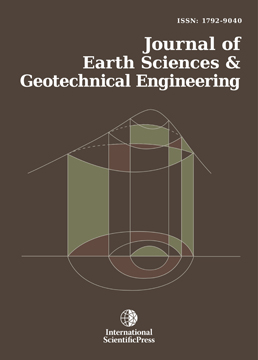Journal of Earth Sciences and Geotechnical Engineering
Modal Shifting Effects and Climate Impacts through Electric Bicycle Use in Germany
-
 [ Download ]
[ Download ]
- Times downloaded: 10332
-
Abstract
Sales rates of electric bicycles (e-bikes) have grown rapidly over the last ten years, not only in Germany but all over Europe. Thus, the strongest movement towards electric mobility on German roads is yet dominantly pushed by e-bikes, whereas electric cars need to catch up. So far, there are hardly any reliable investigations about everyday use patterns, modal shift effects and potentials to reduce climate impact. An assessment of the significance of e-bikes for achieving climate and energy policy guidelines from the "German Federal Government’s National Energy Concept" from 2010 has not been possible so far. The project "Pedelection" analysed these questions by conducting a field test focused on people who purchased their e-bike only recently. The main finding from the field test is that e-bikes have the potential to substitute a considerable amount of car mileage. Since the climate balance of distance travelled by e-bikes is by factor 10 better, additional induced traffic or shifting from bicycle/walking is negligible to a certain degree. Bicycles – with or without electric assistance – are serious means of transport and a genuine alternative to passenger cars on short and medium distances up to 15 km.
